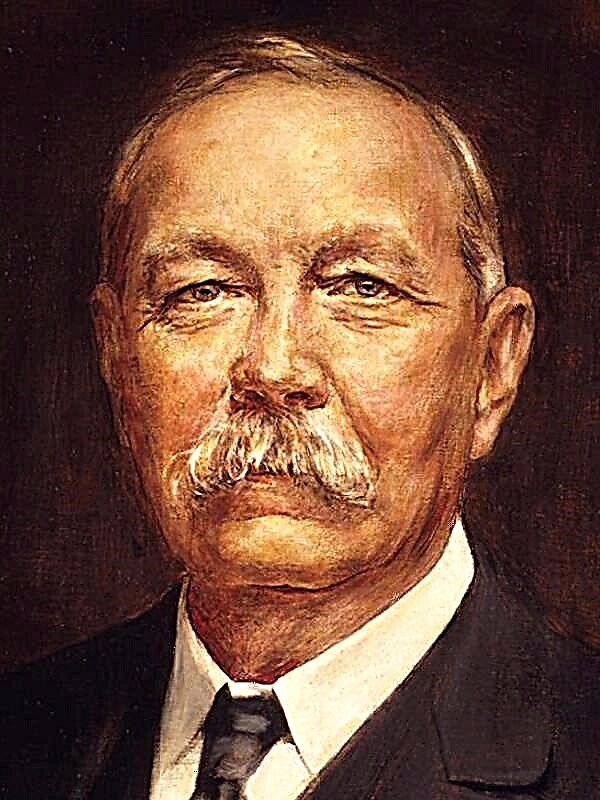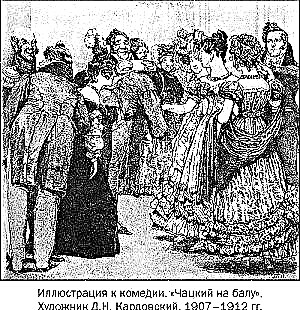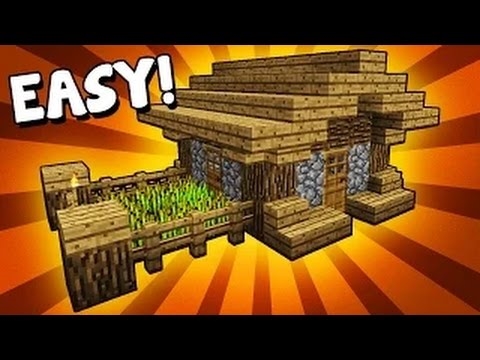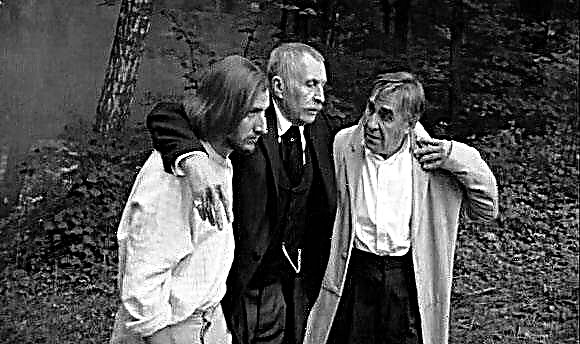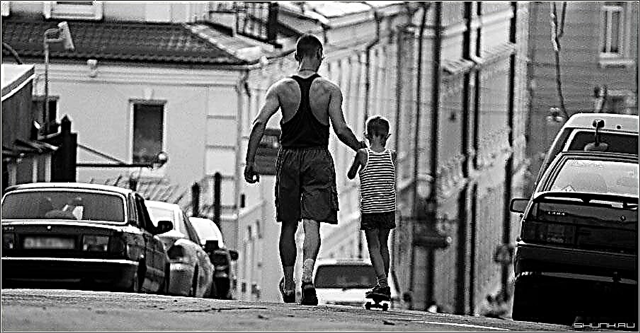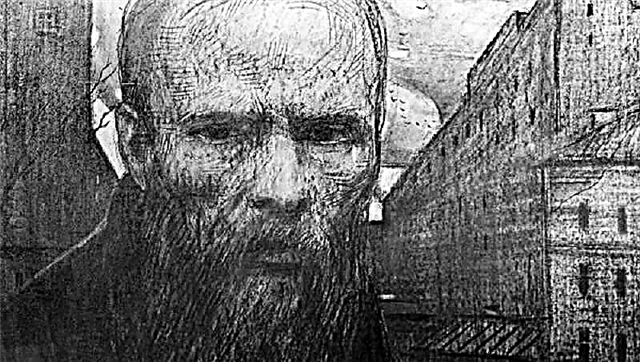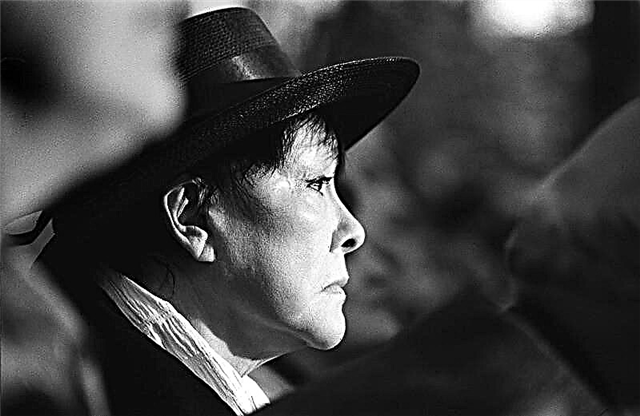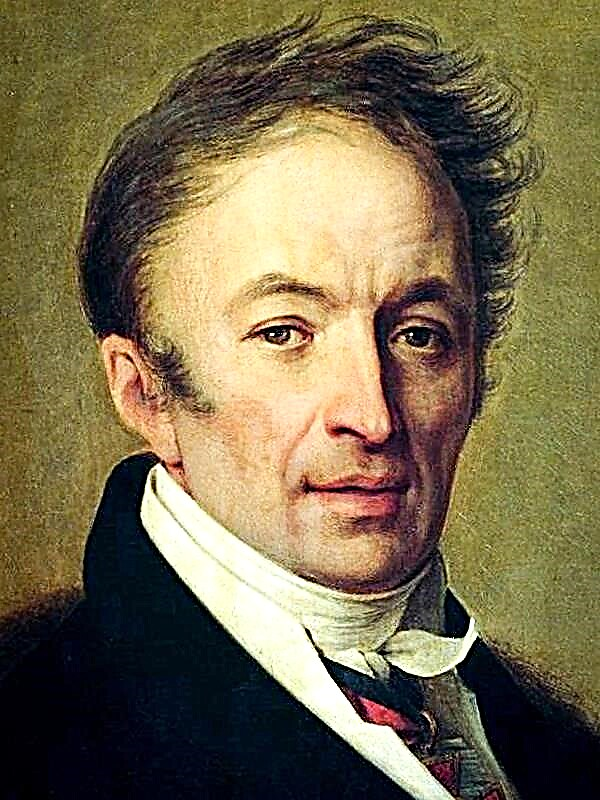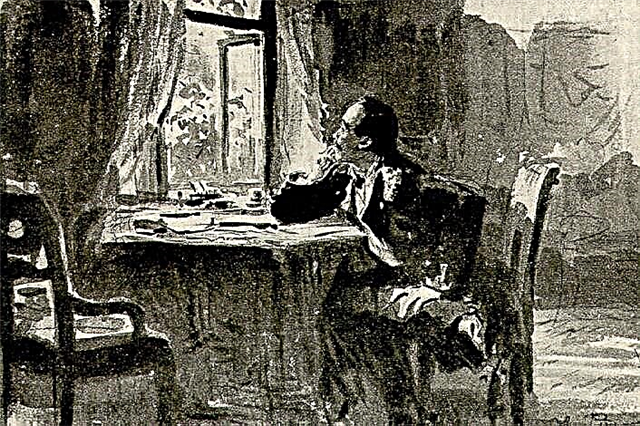(291 words) In the comedy D.I. Fonvizin's theme of education is, in fact, the basis of the work. At that time, when the author was writing comedy, and this is 1782, in Russia there was complete permissiveness for the landowners, which greatly corrupted the younger generation. It was upbringing that was the key moment in the formation of personality at that time, which the playwright reflected in his work.
In the comedy "Undergrowth" two sides of the same coin are shown: conservative education and education of the enlightenment. Ms. Prostakova and Skotinina can be called conservatives, they do not consider it necessary to have an education and are proud that they can neither read nor write. Mitrofan is forced to study according to the fashion trend, so as not to look worse than others, but this whole process can hardly be called a study. The undergrowth is not even able to add up prime numbers, and says that the door is "adjective because it is attached ...". The teachers in this work only exacerbate the student’s ignorance. For example, Kuteikin, a grammar teacher, was cunning and longed for money, so his goal was not to teach Mitrofan something worthwhile, but to make capital. Vralman, a teacher of history and geography, and part-time and a former coachman of Starodum, is a liar, everything here is clear by the speaking name of the “teacher”. Tsyfirkin, although he was a good man, could not teach anything to the undergrowth because of his laziness. On the other hand, the reader is presented with images of Starodum and Pravdin, who chose to abandon conservative teachings and move on to more advanced methods. The result of this approach is the education of Sophia and Milon - young and cultured people with noble goals and intentions who can achieve certain heights in the future and continue to carry enlightenment to Russia.
In the comedy "Undergrowth" the theme of education is shown from two sides: from the point of view of the past and from the point of view of the enlightenment. DI. Fonvizin shows the reader that a person’s education is directly related to his upbringing, these are the questions that the writer raised in his work, but they are still relevant today, and with it the play itself.

